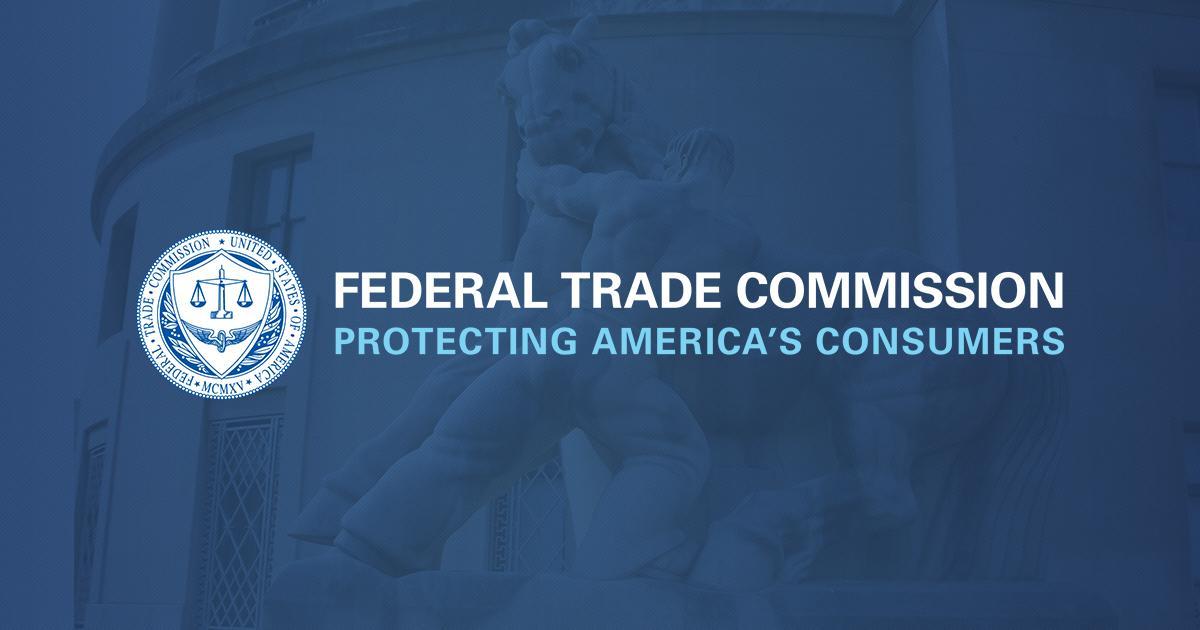Concluding a case that drew the largest civil penalty ever imposed on a debt collection business, the Federal Trade Commission settled with the two remaining individual defendants who allegedly misled, threatened, and harassed consumers; disclosed their debts to third parties; and deposited postdated checks early, in violation of federal law. The settlement order requires each of these senior managers to pay a civil penalty and bars them from future violations.
“The FTC wants to remind debt collectors of their responsibilities and obligations under the law. Abusive collection actions are illegal, and if debt collectors use abusive tactics they could face legal action,” said David Vladeck, Director of the FTC’s Bureau of Consumer Protection. “At the same time, we want consumers to understand their rights if their debts go into collection. Money matters, and the more people know about managing their debt and dealing with debt collectors, the better off they will be.”
According to the FTC’s complaint, filed by the Department of Justice on the FTC’s behalf, the defendants participated in, or controlled, the actions of debt collectors whose unlawful practices included false or deceptive threats of garnishment, arrest, and legal action; improper calls to consumers; frequent, harassing, threatening, and abusive calls; and unfair and unauthorized withdrawals from consumers’ bank accounts. The complaint also alleged that the defendants failed to adequately investigate consumer complaints or discipline collectors, and collectors who were terminated for violating the Fair Debt Collection Practices Act (FDCPA) often were rehired within a few months.
In 2008, Academy Collection Service, Inc. and its owner, Keith Dickstein, paid $2.25 million to settle FTC charges that Academy collectors violated the FTC Act and the FDCPA while collecting debts, and that Dickstein failed to stop the violations. The settlement order announced today, negotiated by DOJ and the FTC, imposed civil penalties of $375,000 and $300,000, respectively, on Albert S. Bastian and Edward Hurt, who oversaw Academy’s Las Vegas collection center. The judgments were suspended upon payment of $7,500 each, based on their ability to pay. The full judgments will become due immediately if the defendants are found to have misrepresented their financial condition.
The order bars Bastian and Hurt from making false, deceptive, or misleading representations in debt collection efforts, such as that nonpayment will result in garnishment of wages, seizure of property, or lawsuits, or that they or their agents are attorneys. They also are prohibited from withdrawing money from consumers’ bank accounts without their express informed consent, and from depositing or threatening to deposit postdated checks before the date on the check. In addition, the pair are barred from improperly communicating with third parties about a debt; communicating with a consumer at any unusual time or place; and harassing, oppressing, or abusing any person in connection with debt collection.
The Commission vote to authorize DOJ to file the consent decree was 4-0. The consent decree was entered in the U.S. District Court for the District of Nevada.
The Commission has released a video, at www.ftc.gov/debtcollection and www.youtube.com/ftcvideos, explaining consumer rights regarding debt collection. Consumers with questions about their rights under the FDCPA should refer to Debt Collection FAQs: A Guide for Consumers at http://www.ftc.gov/bcp/edu/pubs/consumer/credit/cre18.shtm.
NOTE: This consent decree is for settlement purposes only and does not constitute an admission by these defendants of a law violation. A consent decree is subject to court approval and has the force of law when signed by a judge.
The Federal Trade Commission works for consumers to prevent fraudulent, deceptive, and
unfair business practices and to provide information to help spot, stop, and avoid them. To
file a complaint in English or Spanish, visit the FTC’s online Complaint Assistant or call 1-877-FTC-HELP (1-877-382-4357). The FTC enters complaints into Consumer Sentinel, a secure, online database available to more than 1,700 civil and criminal law enforcement agencies in the U.S. and abroad. The FTC’s Web site provides free information on a variety of consumer topics.
(FTC File No. X090014)
(Academy Collection Settlement)

